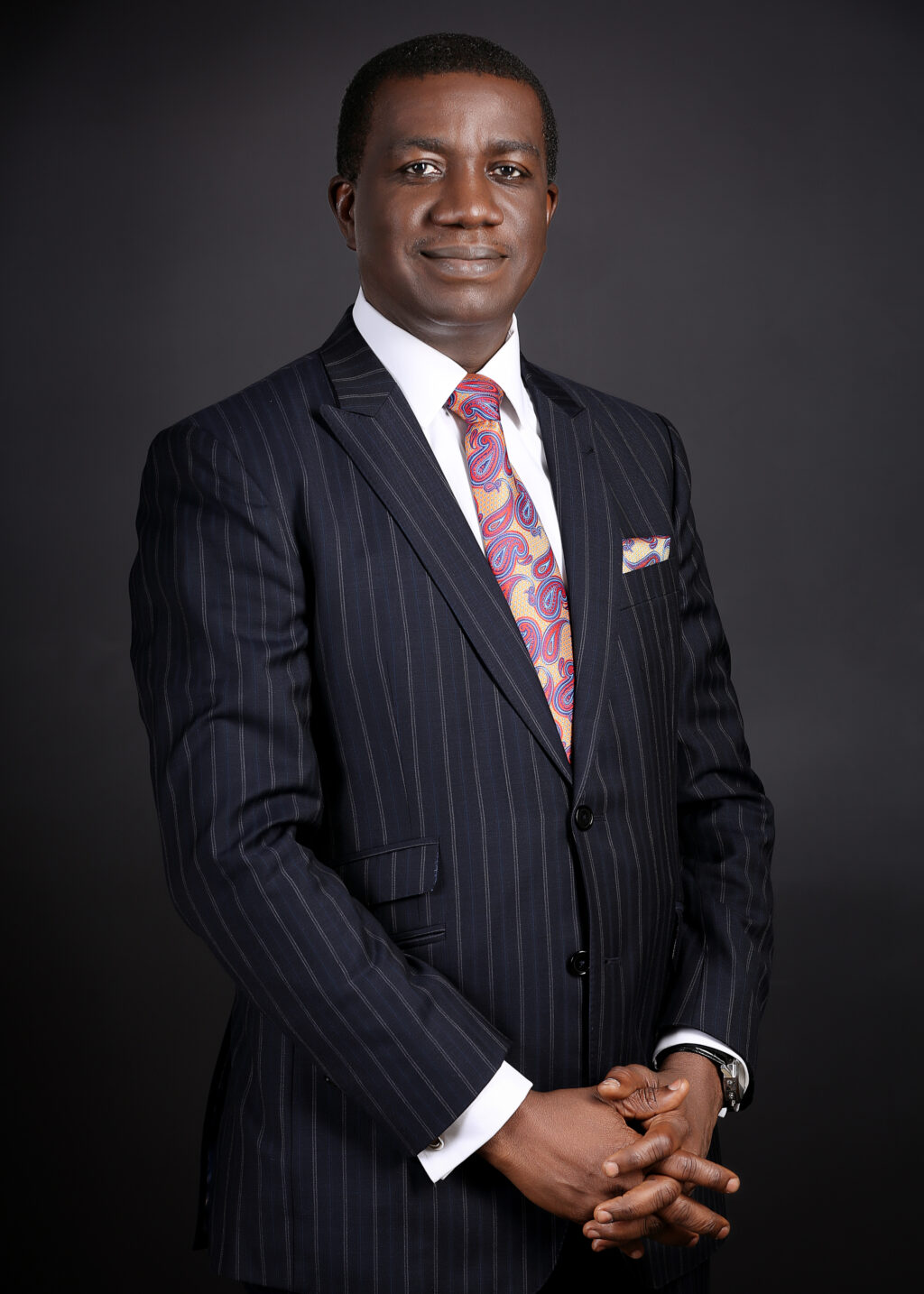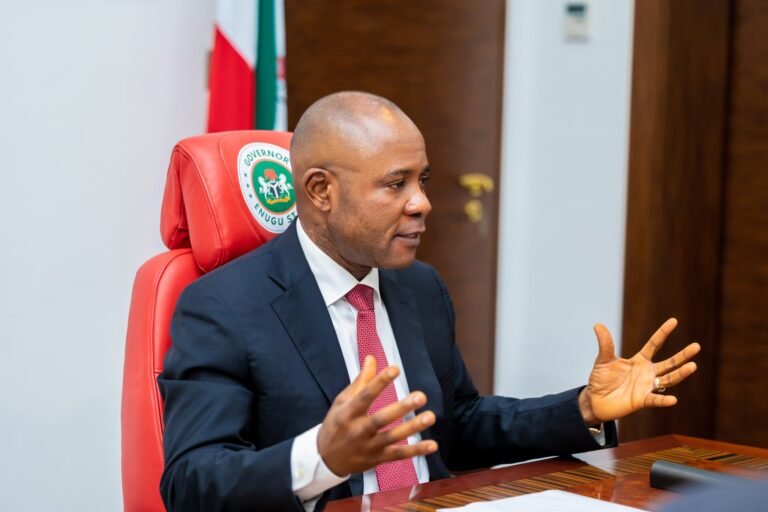
Tony Okpanachi, Managing Director of the Development Bank of Nigeria (DBN), has called for urgent action on climate finance, stressing that developing countries like Nigeria can no longer afford delays. Speaking at the Climate Finance Accelerators (CFA) Nigeria Green Investment Forum in Lagos, he emphasized the need to move from promises to delivery.
The Tony Okpanachi climate finance call comes at a time when the global conversation on climate change is intensifying. He said access to climate finance is essential for developing countries, especially those vulnerable to climate shocks. For Nigeria, sustainable financing is crucial to building climate-resilient infrastructure and reducing environmental risks.
Although funding pledges from wealthier nations continue, Okpanachi pointed out that actual disbursement has remained low. He added that Nigeria requires strong partnerships to unlock climate capital—progress that depends on how responsive financial systems become. Platforms like the CFA, he noted, are valuable in bridging the gap between policy and funding.
Highlighting the economic risks of climate change, he warned that small businesses are particularly vulnerable. As key players in Nigeria’s economy, micro, small, and medium enterprises (MSMEs) must be supported with sustainable finance. Many of them already face challenges from erratic weather, flooding, and rising energy costs.
To address these issues, DBN is collaborating with stakeholders to create an enabling environment that supports green growth. Okpanachi shared that the bank has begun integrating climate considerations into its operations and partnerships. Offering climate-smart funding to MSMEs, he said, is one of the most effective ways to create long-term impact.
Investors and development partners were urged to prioritize strong financial models that support clean energy, agriculture, and waste management. These types of investments, he explained, protect livelihoods and help ease pressure on public finances. The bank is also exploring innovative tools to de-risk climate-related investments and attract private capital.
Another key element of the Tony Okpanachi climate finance call was the importance of transparency and accountability. Building trust among global stakeholders, he argued, requires tracking and evaluating the use of climate funds. This ensures the money reaches those who need it most and delivers measurable results.
He further called on African leaders to take ownership of climate initiatives and to develop local solutions. Cross-sector collaboration, he believes, is essential to building resilience. Okpanachi also urged policymakers to eliminate bureaucratic barriers that hinder local businesses from accessing climate finance.
His message was clear: while commitments matter, real progress is what truly counts. Nigeria must now act to turn intentions into outcomes. The DBN, he affirmed, will continue to partner with others to raise awareness, build capacity, and mobilize funding that delivers climate-positive change.
With leaders like Tony Okpanachi driving practical, urgent responses, Nigeria’s climate finance agenda is gaining vital momentum. His leadership signals a deeper level of commitment to addressing environmental and economic challenges—and brings renewed hope for a more sustainable future.

